Role of Antioxidants in Skin Care
Experience the power of antioxidants. Learn how they protect your skin from damage and promote a vibrant, youthful complexion.
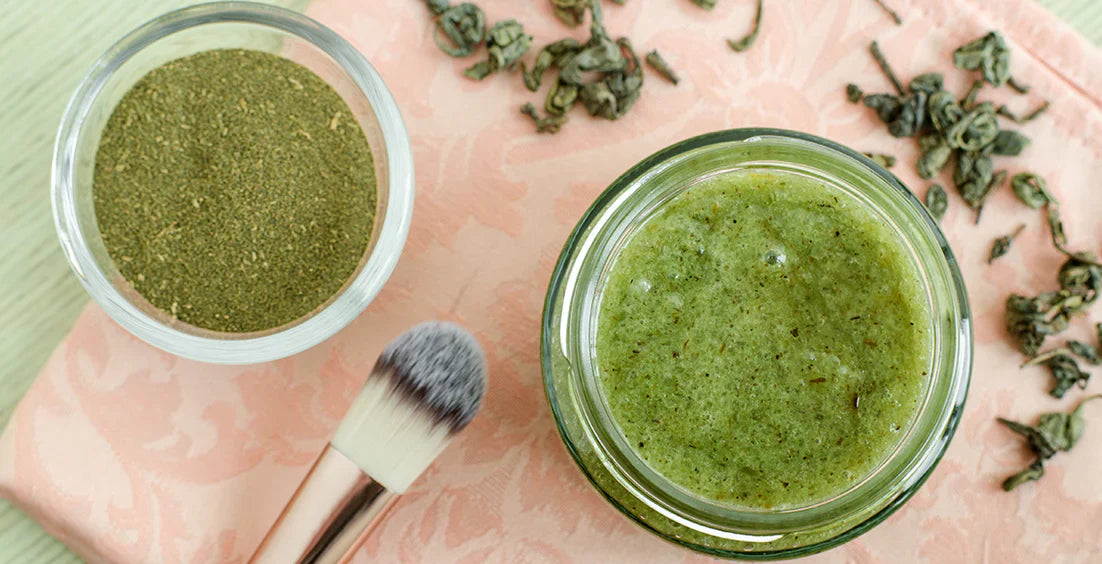
Table of contents
Antioxidants play the vital role of combating free radicals- unstable molecules that can deliver so much damage to your cells. These free radicals are manufactured by various stressors in the environment through a process called oxidative stress and inflammation.
In this scenario, antioxidants inactivate free radicals that otherwise would cause oxidative damage to skin proteins, lipids, and DNA, hence, potentially reducing the risk of skin aging and other health issues.
With the intake of antioxidant-rich foods, and by applying skincare containing highly effective antioxidants, your skin may receive so much in health and liveliness.
Key Takeaways
- Antioxidants play a fundamental role in the neutralization of free radicals, thus potentially leading to damage to skin proteins, lipids, and DNA, which again relates to skin aging and inflammatory reactions.
- Antioxidants act to donate electrons for neutralizing free radicals, inhibiting these active oxidative alterations and preventing the chain process of destroying cellular structures.
- With aging, the body produces more free radicals; the state of oxidative stress and inflammation worsens, which also contributes to a number of other age-related health problems, including deterioration in the skin.
- Adding antioxidant-rich foods into your diet and using high antioxidant-based skincare products are key strategies for protecting skin from free radical damage.
- The effectiveness of antioxidants is often measured using ORAC scores, which quantify their ability to neutralize free radicals.
What are Antioxidants?
Antioxidants are substances that help the body protect itself from some kinds of damage caused by free radicals. Free radicals are unstable atoms or molecules that contain unpaired electrons, which make them highly reactive.
They can cause oxidation, which in turn can lead to the deterioration of cellular components such as proteins, lipids, and DNA.
This is one of the major factors in skin aging, as it leads to the induction of inflammation and disruption of normal cellular functions.
How Free Radicals Damage Skin Cells
 An image showing the process of free radicals attacking and damaging skin cells.
An image showing the process of free radicals attacking and damaging skin cells.
Free radicals can cause extensive damage to skin cells through a number of avenues:
- Through oxidative stress, free radicals steal electrons from other stable molecules when they attack skin cells. This leads to a chain reaction of cellular damage. This process can compromise the integrity of cell membranes and result in the loss of collagen and elastin, essential proteins for maintaining skin elasticity and firmness.
- Inflammatory Response: Free radicals can trigger inflammatory pathways, which will, in return, activate the skin's inflammatory activities. Inflammation supports various dermatological conditions and facilitates skin aging by depleting structural proteins and compromising barrier function.
- DNA Damage: Free radicals may directly cause mutations in the DNA of skin cells that can give rise to various types of skin cancers, including melanoma. Even p53-a protein 'caretaker' that usually controls the health of the cells and repairs DNA damage hampered by oxidative stress to prevent malignant conversion.
To counter this, the best antioxidants for the skin are a must to include in your skincare regimen. Some of the best antioxidants that help in skin whitening include vitamin C and resveratrol, which merely neutralize free radicals and inhibit the production of melanin for a brighter complexion.
People can consider improving their skin condition and decreasing the negative impact caused by free radicals by using products that contain antioxidants and keeping a diet highly rich in these kinds of beneficial compounds.
Benefits of Antioxidants on Skin Health
Antioxidants are substances that help protect the skin against oxidative stress, which could be induced by free radicals. The results may include much damage and premature aging. The following outlines some of the benefits of antioxidants for skin health, ensuring protection, improvement in skin texture and tone, and hydration.
Protection Against Damage
Antioxidants protect the skin from a variety of environmental stressors, such as pollution and UV radiation. They neutralize the free radicals that emanate from these types of stressors, which could otherwise cause oxidative damage to skin cells.
This helps reduce the chances of getting skin cancer, among other aging issues. Antioxidants prevent the occurrence of premature aging by keeping the collagen levels adequate and supporting skin elasticity, therefore, making it appear younger.
Smoothing Skin Texture and Tone
Antioxidants will highly reduce inflammation and redness, which are major issues for people with sensitive or acne-prone skin. They work to calm down these inflammatory responses and improve skin tone altogether.
They also encourage skin cell turnover and collagen production, leading to a fine texture and more radiant skin. For those who have been looking for effective methods to deal with skin acne, natural antioxidants for the skin can solve dual purposes: not only treating breakouts but also enhancing one's overall appearance.
Hydration
They are involved in skin hydration by mechanisms of retaining water. This strengthens the barrier function and inhibits water loss, thereby maintaining skin turgidity. This makes it rather imperative that it prevents any dryness or flaky skin occurrences, which have been linked to aging.
For anyone looking to use supplements for their skin whitening treatment, oral antioxidant supplements can be helpful, as they work systemically to further amplify your skin's water content.
Key Antioxidants for Skin Health
 An image contains different types of supplements or natural antioxidants for skin
An image contains different types of supplements or natural antioxidants for skin
Antioxidants are important in skin health and the fight against aging. Some of the key antioxidants and their benefits include the following.
Vitamin C
Vitamin C is known to play a very important role in the synthesis of collagen, a protein that helps maintain the elasticity and firmness of the skin. It also offers sun protection through the neutralization of free radicals produced from UV exposure, hence reducing the risk of sun damage and early aging.
Read More: Is Vitamin C Good for Your Skin?
Vitamin E
Vitamin E is a potent antioxidant that combats oxidative stress in the skin related to environmental factors, including pollution and UV radiation. Its cell membrane-stabilizing properties prevent damage to skin cells and promote overall healthy skin.
Resveratrol
Resveratrol is an ingredient derived from red wine and some berries. This agent is very beneficial in anti-aging. It reduces wrinkles and fine lines by fighting against oxidative stress and inflammation, hence providing a more youthful look.
Read More: Resveratrol Anti-Aging Benefits
Niacinamide
Niacinamide or Vitamin B3 reinforces skin tone and texture by means of the enhancement of the skin's barrier function. It reduces redness and irregular pigmentation, leaving the skin with a more even and luminous glow.
Green Tea
Green tea is a powerhouse of polyphenols, which offer strong antioxidant and anti-inflammatory properties. These help to calm irritated skin and protect it from environmental stressors, making it ideal for sensitive skin.
Vitamin A (Retinol)
Retinol is an active cell turnover stimulant and also stimulates collagen production, which reduces fine lines, improving the overall skin texture. Hence, it is widely used in anti-aging skincare.
Coenzyme Q10 (CoQ10)
CoQ10 is another powerful antioxidant that helps energize skin cells and protects them from oxidative damage. It supports overall skin vitality and may be used to enhance the effectiveness of other antioxidants in skincare formulations.
Incorporating Antioxidants into Your Skincare Routine
Topical Antioxidants
Antioxidant-rich skincare products offer a direct and powerful way to protect and nourish your skin. Serums, creams, and moisturizers with powerful antioxidants can provide concentrated protection against environmental stressors and help fight signs of aging.
Here are a few tips to consider when choosing topical antioxidant products:
- Look for Concentrated Formulations: Choose serums and creams with high concentrations of key antioxidants such as Vitamin C, Vitamin E, and niacinamide. These ingredients work synergistically to neutralize free radicals and protect skin cells.
- Consider Your Skin Type: Use products appropriate for your individual skin conditions. For instance, individuals with sensitive skin can try green tea-based cosmetic products, while those concerned about aging can use preparations that contain either retinol or take benefits of CoQ10.
- Product Stability: Antioxidants tend to be labile; thus, one has to make sure that product packaging is efficient in safeguarding the formulae against light and air. Opaque, airless pump bottles are optimal to preserve the stability of antioxidant-based formulae.
- Layer Correctly: Apply antioxidant serums before moisturizers but after cleansing. Vitamin C especially works best when applied to clean skin in the morning and followed up with sunscreen.
Dietary Antioxidants
Equally important is the intake of antioxidant-rich food in your diet for skin health from the inside. A diet rich in antioxidants helps to fight off oxidative stress, regenerate skin cells, and give systemic protection against environmental damage.
Antioxidant Foods to Include in Your Diet
- Berries: Blueberries, strawberries, raspberries (rich in resveratrol and other powerful antioxidants)
- Leafy Green Vegetables: Spinach, kale, and other dark leafy greens
- Nuts: Almonds, walnuts, and pecans
- Green Tea: A potent source of polyphenols
- Colorful Vegetables: Bell peppers, sweet potatoes, and carrots
- Citrus Fruits: Oranges, lemons, and grapefruits (high in Vitamin C)
- Dark Chocolate: High-cocoa content chocolate with minimal sugar
- Red Wine: In moderation, for its resveratrol content
- Tomatoes: Rich in lycopene
- Seeds: Chia seeds, flaxseeds, and sunflower seeds
Pro Tips
Aim for a variety of colorful fruits and vegetables to ensure a wide range of antioxidants. Consider cooking methods that preserve antioxidant content: steaming, quick sautéing. Stay hydrated to help your body use these nutrients effectively.
Putting both topical and dietary approaches together can give you an all-rounded strategy for protecting your skin from oxidative stress and maintaining healthy, radiant skin. Remember, the key is consistency, not only in your skincare routine but also in your diet.
Additional Tips for Healthy Skin
Sun Protection
Sun exposure is one of the major contributors to skin damage and premature aging. Broad-spectrum sunscreen is your first line of defense against harmful UV radiation. But antioxidants play a very important complementary role in sun protection:
Antioxidants work in synergy with sunscreen to provide enhanced protection against sun-induced damage.
While sunscreen physically blocks the UV rays, antioxidants neutralize the free radicals produced by sun exposure. In particular:
- Vitamin C helps neutralize free radicals created by UV radiation
- Vitamin E supports the skin's natural defense mechanisms
- Green tea polyphenols provide additional protective benefits
Recommended sun protection strategies
- Use a broad-spectrum sunscreen with at least SPF 30 daily
- Reapply sunscreen every 2 hours, especially when outdoors
- Combine sunscreen with antioxidant-rich serums for comprehensive protection
- Wear protective clothes and stay in the shade when the sun is strongest.
Hydration: It is the prime basis of good, healthy, and durable skin. Water is essentially important for the following:
- Toxins elimination
- Skin elasticity
- Skin barrier function
- Prevention of dryness or premature aging
Conclusion
Healthy skin is a reflection not just of skin-deep issues but of general health and well-being. One could combine antioxidant protection, sun care, hydration, and stress management into an integrated approach to healthy skin from many different angles.
Consistency is the key, and small daily improvements can make a big difference in the long run in the appearance and overall health of your skin.
A holistic approach that merges a wholesome diet with a lot of nutrients, a Skincare routine that is effective, Sun protection, Stress management, and Proper hydration will help you achieve and maintain radiant, healthy skin that reflects your inner well-being.
About WOWMD Staff
The WOWMD Staff category features a diverse team of writers, each bringing specialized knowledge in areas such as nutrition, fitness, wellness, and more. Articles in this category benefit from insights provided by multiple experts. All content is peer-reviewed and regularly updated to ensure compliance with our editorial standards.
References
- Free radical properties, source and targets, antioxidant consumption, and health. Oxygen, 2(2), 48-78. https://doi.org/10.1155/2020/9829176
- Evolution of the knowledge of free radicals and other oxidants. Oxidative medicine and cellular longevity, 2020(1), 9829176. https://doi.org/10.1155/2020/9829176
- Involvement of RAGE and oxidative stress in inflammatory and infectious skin diseases. Antioxidants, 10(1), 82. https://doi.org/10.3390/antiox10010082
- Oxidative stress and photodynamic therapy of skin cancers: Mechanisms, challenges, and promising developments. Antioxidants, 9(5), 448. http://dx.doi.org/10.3390/antiox9050448
- Plant-derived antioxidants: Significance in skin health and the aging process. International journal of molecular sciences, 23(2), 585. https://doi.org/10.3390/ijms23020585
- Cellular Resilience: Antioxidant Approaches to Combat Skin Stress. https://urn.nsk.hr/urn:nbn:hr:184:925178
- Resveratrol is a factor preventing skin aging and affecting its regeneration. Advances in Dermatology and Allergology/Postępy Dermatologii i Alergologii, 39(3), 439-445. https://doi.org/10.5114/ada.2022.117547
- Role of coenzyme Q10 in health and disease: An update on the last 10 years (2010–2020). Antioxidants, 10(8), 1325. https://doi.org/10.3390/antiox10081325
Evidence Based Research
This WOWMD content has been reviewed, as well as checked for facts, so as to guarantee the best possible accuracy.
We follow a strict editorial policy, especially related to the sources we use. Our articles are resourced from reputable online pages, with research drawn from academic institutions and peer-reviewed studies. You can click on the numbers in the parentheses (1, 2, etc.) and check out those references.
The feedback form on this page can be used to report content that is not accurate, up-to-date or questionable in any manner.
We do NOT intend for the information presented through our articles to replace the medical relationship with a qualified physician, nor does it represent specialized advice.


 Skin Detoxification Bundle
Skin Detoxification Bundle Complete Weight Loss Bundle
Complete Weight Loss Bundle Heart Care Bundle
Heart Care Bundle Better Immunity Bundle
Better Immunity Bundle  Men's Immunity & Prostate Health Bundle
Men's Immunity & Prostate Health Bundle Stress + Energy + Wellness Combo
Stress + Energy + Wellness Combo  Energy Booster Combo
Energy Booster Combo Natural Skin Care Bundle
Natural Skin Care Bundle Workout Supplements Combo
Workout Supplements Combo Cognitive Health & Vision Combo
Cognitive Health & Vision Combo Joint Health Support Combo
Joint Health Support Combo
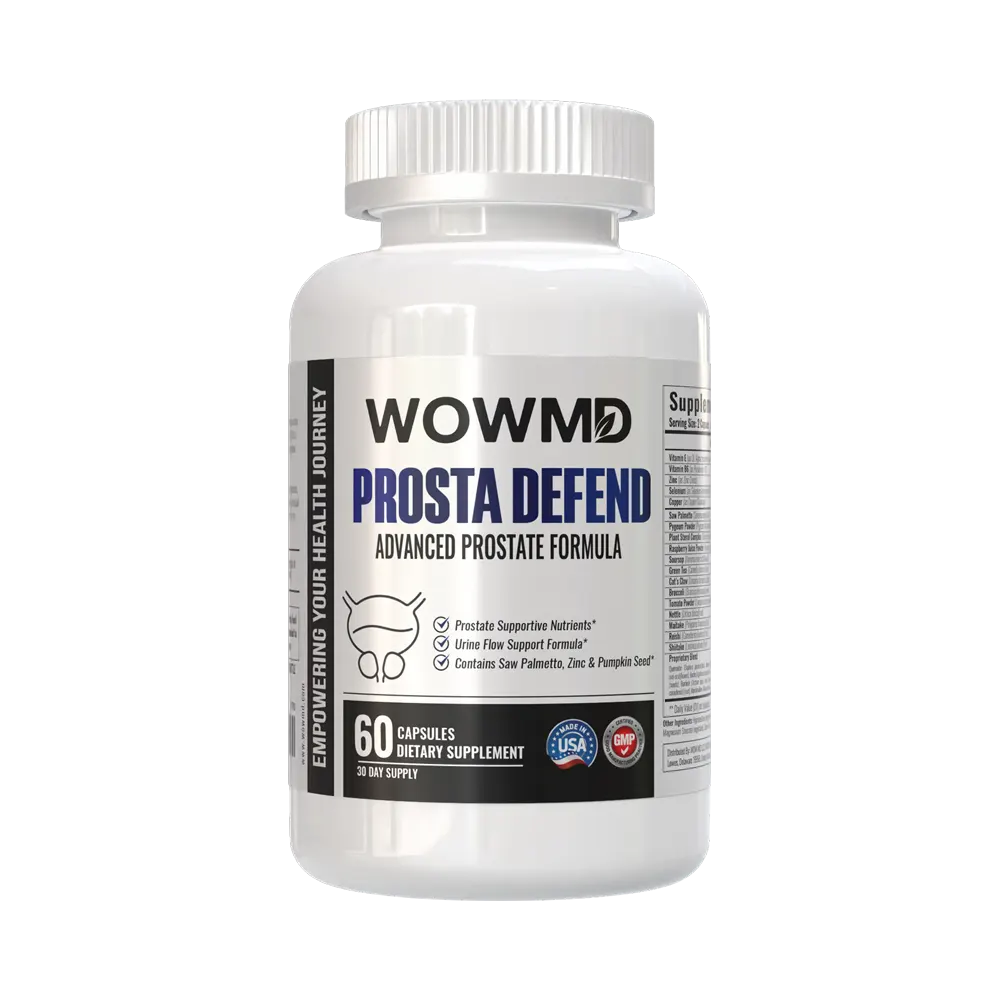
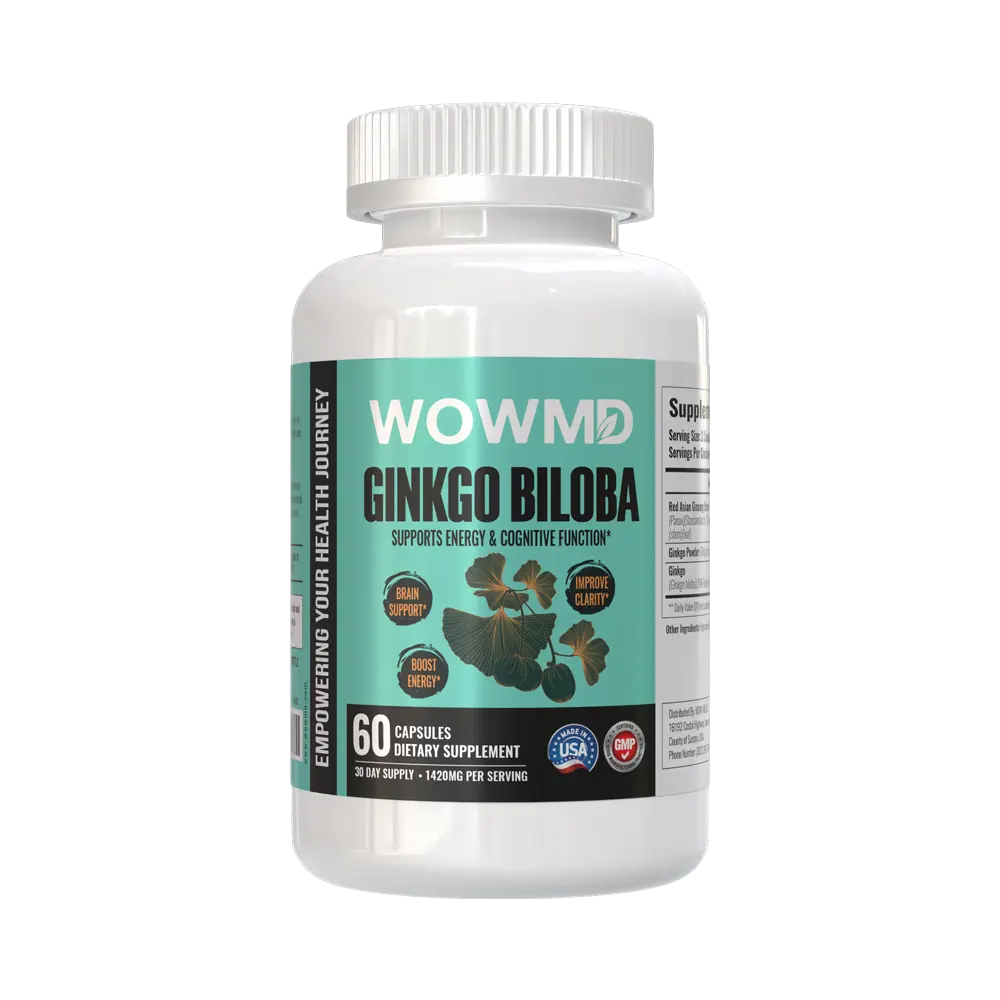



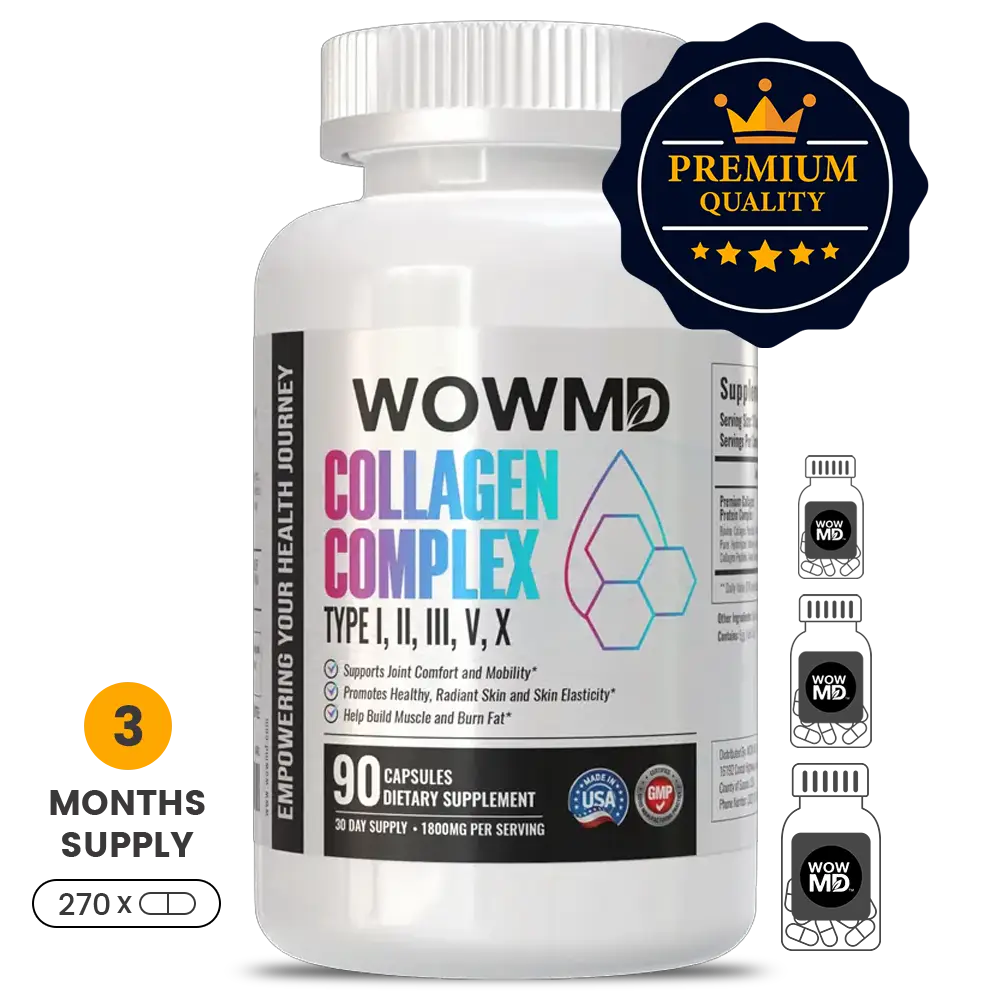

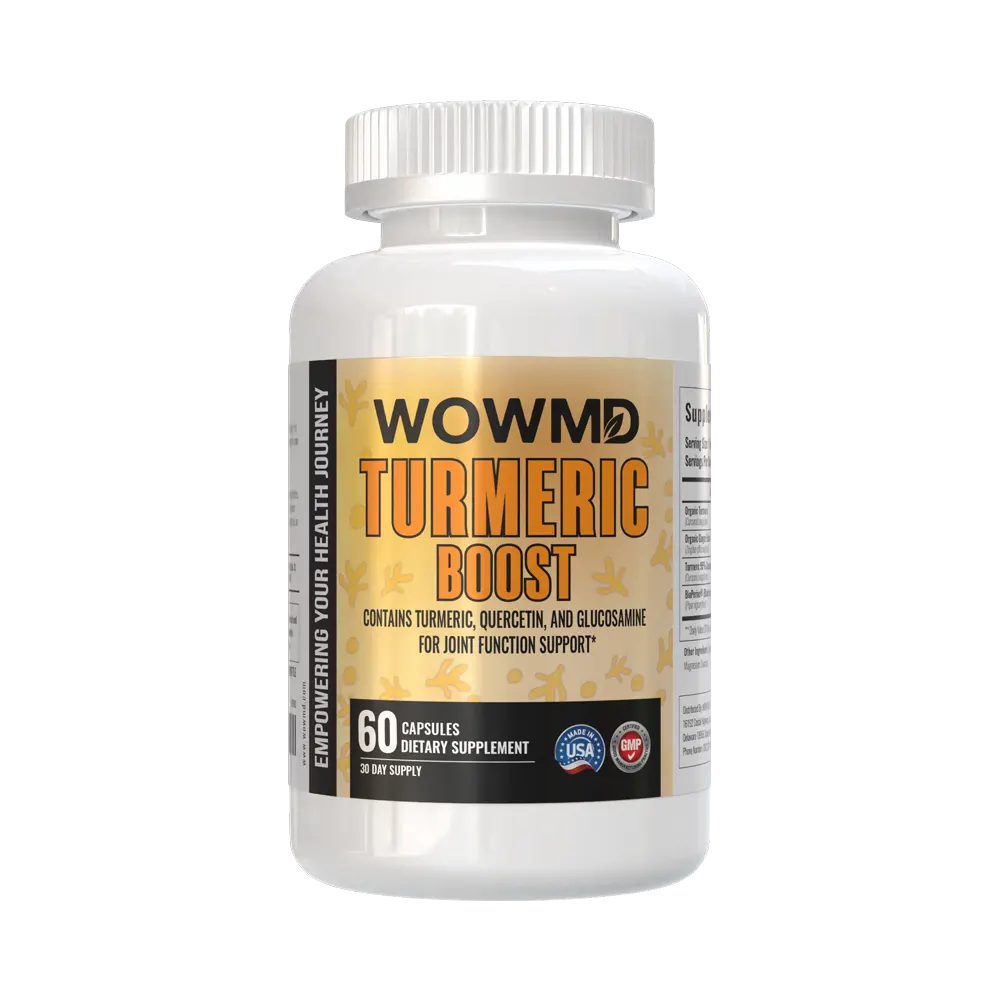





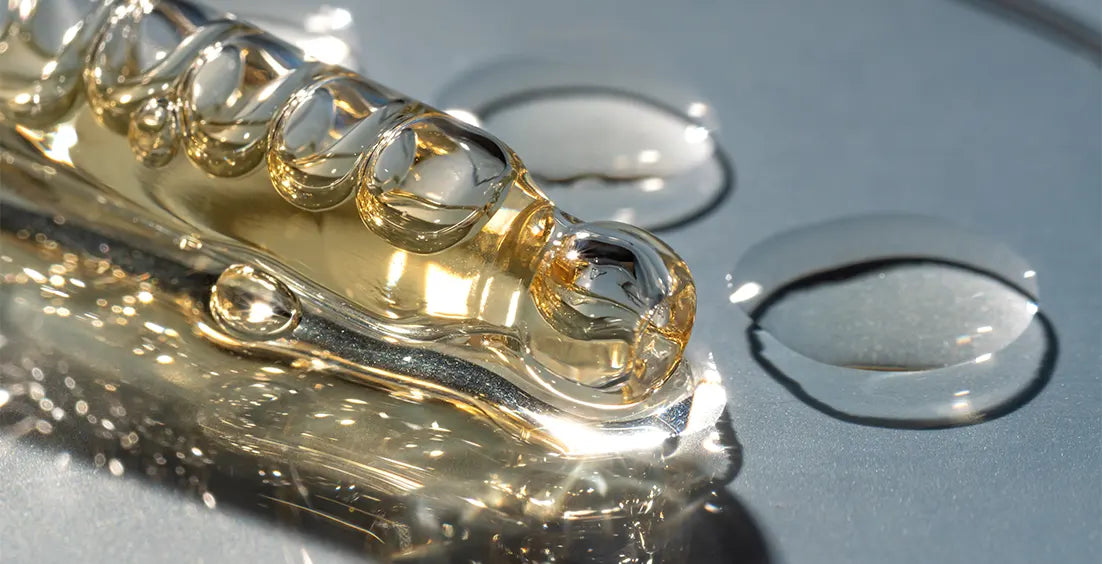


 By WOWMD Staff
By WOWMD Staff